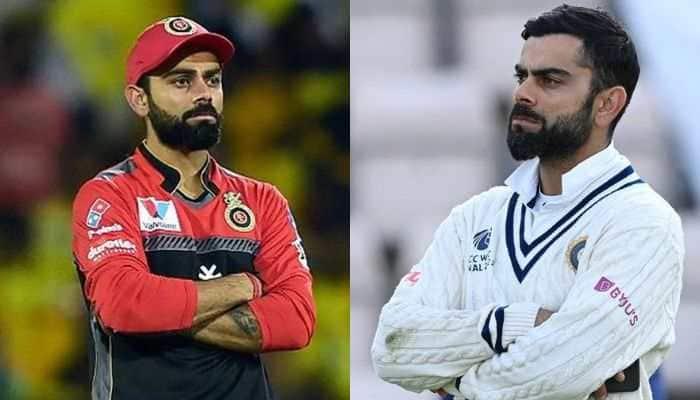Surgical procedure performed by Indian-origin UK doctor to be broadcast live on TV
The surgery will be performed by Dr Sunil Dolwani, at the Cardiff and Vale University hospital in the UK, who will give a running commentary on what viewers are seeing.
Trending Photos
) (Image for representational purposes only)
(Image for representational purposes only) London: In an inspiring move to raise awareness and help discard people's fear of cancer screenings, Channel 4 and Cancer Research UK have teamed up to air a live broadcast of a surgical procedure on a TV channel in the UK for the first time.
The surgery will be performed by an Indian-origin doctor to highlight the positive impact of research on cancer treatment.
A one-and-a-half minute TV ad of the procedure will air on Wednesday, during a property programme and will demonstrate an operation to remove two bowel polyps inside the patient Philip McSparron.
McSparron said he hoped the live broadcast of his procedure would show people that cancer screenings are "not something to be frightened of".
"Hopefully people will be interested in seeing the live footage and it will encourage them to be more willing to talk about cancer and think about taking up regular screening," he said.
Bowel polyps are common, and not usually cancerous, but some can become cancerous if left untreated.
The surgery will be performed by Dr Sunil Dolwani, at the Cardiff and Vale University hospital in the UK, who will give a running commentary on what viewers are seeing.
Cancer Research UK hopes the procedure, which will see a camera on a flexible tube called a colonoscope inserted into patient's anus, will help to show the positive impact research has had in helping to treat cancer, 'The Guardian' reported.
The TV ad, titled Live from the Inside, will be promoted with 10-second teaser trails.
The charity will simultaneously stream the ad on Facebook, with a cancer nurse to field questions posted by social media users.
(With PTI inputs)
Stay informed on all the latest news, real-time breaking news updates, and follow all the important headlines in india news and world News on Zee News.
Live Tv







)
)
)
)
)
)
)
)
)
)
